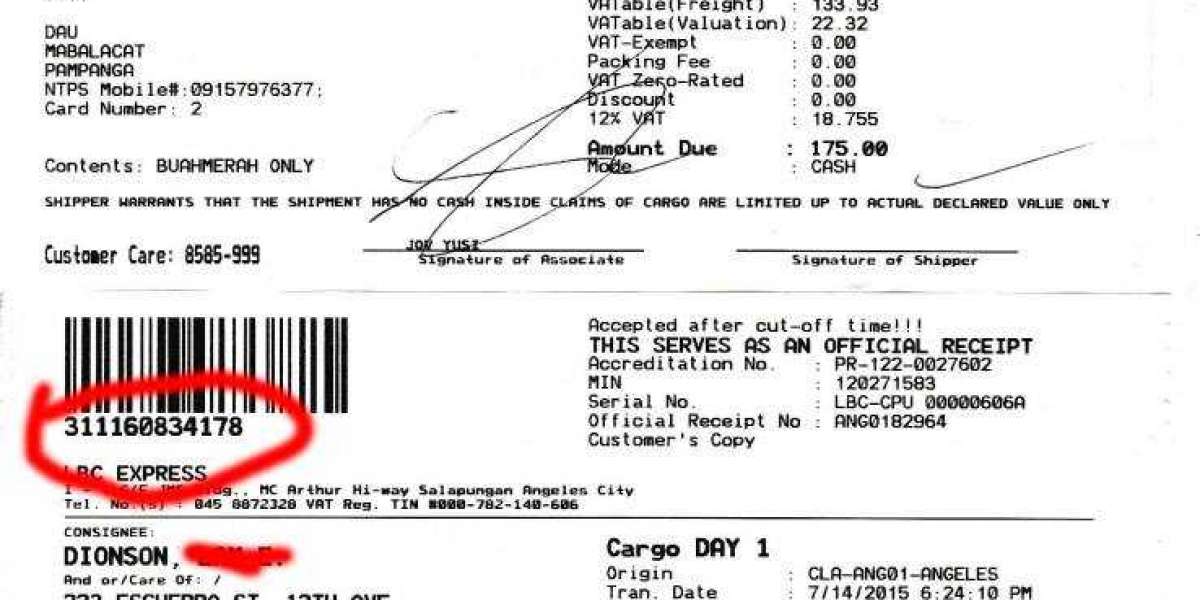In recent years, the Philippines has seen a significant growth in the logistics and courier industry, driven by the rapid rise of e-commerce and the need for efficient delivery services. With a myriad of options available, choosing the right courier company can be a daunting task. This article highlights some of the top courier companies in the Philippines, focusing on their services, reliability, and customer satisfaction.
1. LBC Express
LBC Express is arguably the most recognized courier service in the Philippines. Established in 1945, it has grown to become a household name, known for its extensive network and reliable services. LBC offers a range of services, including same-day delivery, international shipping, and remittance. Their widespread presence across the archipelago, with thousands of branches and partners, makes them a convenient choice for both personal and business needs. Additionally, customers can easily access LBC shipping tracking to monitor their shipments in real-time.
Strengths:
- Extensive network and coverage.
- Diverse range of services, including logistics solutions.
- Strong brand reputation and trust among customers.
Considerations:
- Pricing can be higher than some competitors.
- Delivery times may vary depending on the destination.
2. JRS Express
Founded in 1980, JRS Express has built a solid reputation for its fast and reliable delivery services. With a focus on document and parcel delivery, JRS is especially popular among businesses that require timely dispatch of materials. Their services include same-day delivery, nationwide express, and cash-on-delivery (COD) options.
Strengths:
- Strong focus on customer service and satisfaction.
- Offers a range of delivery options to cater to different needs.
- Competitive pricing for local deliveries.
Considerations:
- Limited international shipping options compared to larger competitors.
- Network may not be as extensive as LBC.
3. GrabExpress
Part of the larger Grab ecosystem, GrabExpress leverages the existing network of Grab drivers to provide on-demand delivery services. This service is particularly appealing for individuals and small businesses that need quick and flexible delivery options. GrabExpress offers real-time tracking and a user-friendly app, making it easy to manage deliveries.
Strengths:
- Instant booking through the Grab app.
- Real-time tracking and communication with drivers.
- Flexible delivery options, including same-day service.
Considerations:
- Availability may vary based on location.
- Delivery fees can fluctuate depending on demand.
4. Ninjavan
Ninjavan has emerged as a strong competitor in the e-commerce logistics sector. Established in 2014, this company focuses on providing efficient delivery services to online businesses. Ninjavan offers a tech-driven approach, with features like real-time tracking and automated updates, which enhance the overall delivery experience.
Strengths:
- Tailored services for e-commerce businesses.
- Strong technological infrastructure for tracking and logistics.
- Competitive pricing for bulk deliveries.
Considerations:
- Service may be less reliable in remote areas.
- Customer support could improve based on user feedback.
5. Philippine Post (PhilPost)
Despite the rise of private courier companies, the Philippine Postal Corporation (PhilPost) remains a key player in the delivery landscape. With a long history dating back to the Spanish colonial era, PhilPost has adapted to modern challenges by offering various postal services, including express mail and parcel delivery.
Strengths:
- Extensive reach across rural and urban areas.
- Affordable rates for basic services.
- Long-standing trust and recognition in the community.
Considerations:
- Delivery times can be longer compared to private courier services.
- Customer service has faced criticism in some areas.
6. Xend
Xend is known for its user-friendly platform that caters primarily to e-commerce businesses. It offers flexible delivery options, including same-day and next-day deliveries, and has partnerships with various logistics providers to ensure efficiency. Xend also provides a dashboard for businesses to track their shipments and manage orders seamlessly.
Strengths:
- Designed specifically for online sellers and e-commerce.
- Easy integration with online stores.
- Transparent pricing and no hidden fees.
Considerations:
- Limited availability in certain regions.
- May require time to establish trust for first-time users.
7. DHL Express
As part of a global logistics giant, DHL Express offers premium courier services with a focus on international shipping. Their extensive global network allows them to deliver packages quickly and reliably to over 220 countries. DHL is often preferred by businesses needing to send packages abroad, thanks to their comprehensive customs clearance support.
Strengths:
- World-class service and reputation.
- Fast international delivery with extensive tracking.
- Reliable customs clearance services.
Considerations:
- Higher cost compared to local providers.
- Primarily focused on international shipping, which may not cater to local needs.
Conclusion
Choosing the right courier service in the Philippines depends on various factors, including the nature of the goods being shipped, destination, urgency, and budget. Companies like LBC Express and JRS Express dominate the local scene with their extensive networks and reliability. Meanwhile, GrabExpress and Ninjavan are gaining traction among e-commerce businesses due to their tech-savvy solutions.
For those needing international shipping, DHL Express stands out for its global reach, while PhilPost provides a more traditional, cost-effective option for domestic needs. As the logistics landscape continues to evolve, these courier companies are likely to adapt, ensuring they meet the growing demands of consumers and businesses alike.
In summary, the choice of a courier company should align with specific needs, taking into account service offerings, pricing, and customer support. The burgeoning courier industry in the Philippines promises a variety of options to suit any delivery requirement.







